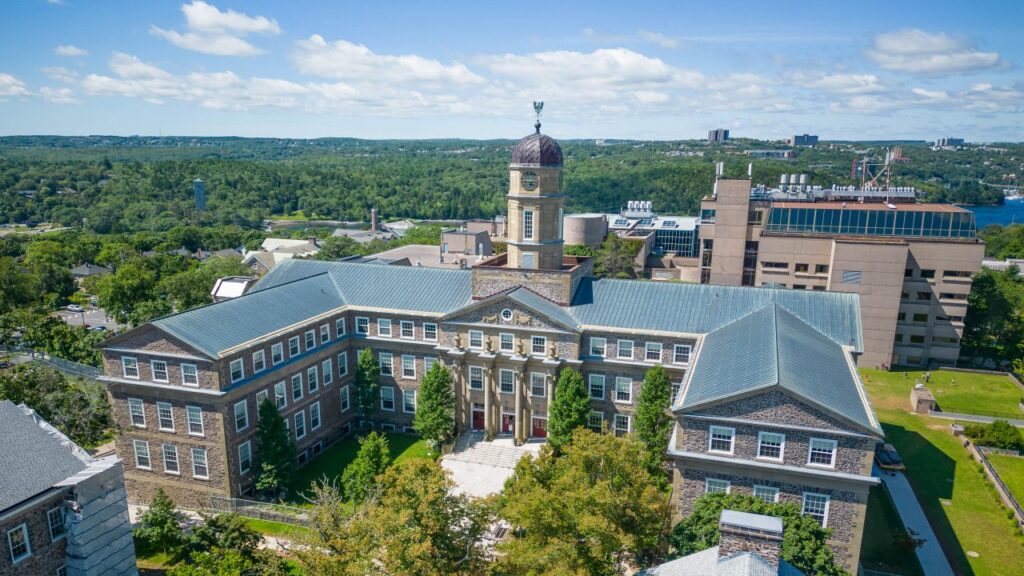
Introduction
Dalhousie University, located in Halifax, Nova Scotia, is one of Canada’s oldest and most prestigious institutions for higher education. Founded in 1818, it has a long-standing reputation for excellence in teaching and research. The university plays a crucial role in the academic and social landscape of Canada, attracting students from around the globe. Its emphasis on research and community engagement makes it a vital contributor to both local and international advancements in various fields.
Recent Developments at Dalhousie University
In recent years, Dalhousie University has implemented several initiatives to enhance its academic offerings and campus life. The university has made significant strides in sustainability, becoming the first Canadian university to pledge to achieve net-zero emissions by 2030. This commitment aligns with wider global efforts to combat climate change and promotes a culture of environmental responsibility among students and faculty.
Additionally, Dalhousie has launched several new programs designed to meet the evolving needs of students and the workforce. This includes the introduction of interdisciplinary degrees that encourage collaboration among departments, allowing students to tailor their educational experience to their career aspirations. Notably, the Faculty of Health has seen increased enrollment in health-related programs, reflecting the growing demand for healthcare professionals in Canada.
Research and Community Impact
Dalhousie is also a center for innovative research. In 2023 alone, faculty members secured over $60 million in research funding, supporting projects that address pressing social challenges such as public health, economic development, and digital technology. The university’s research initiatives are often conducted in partnership with local communities, fostering a collaborative atmosphere where academic knowledge meets practical application.
Furthermore, Dalhousie is committed to reconciliation and has taken steps to integrate Indigenous perspectives into its curriculum and campus culture. The establishment of the Indigenous Student Centre and the development of specialized programs reflect this commitment, as the university seeks to create an inclusive environment that respects and acknowledges the heritage of the Mi’kmaq people.
Conclusion
Dalhousie University stands out not only for its academic rigor but also for its progressive approach to education and community engagement. As it continues to evolve, the university remains dedicated to shaping the future leaders of tomorrow while addressing critical issues facing society today. For prospective students and researchers, Dalhousie University offers a vibrant and supportive environment that is poised to make a lasting impact in the world.



